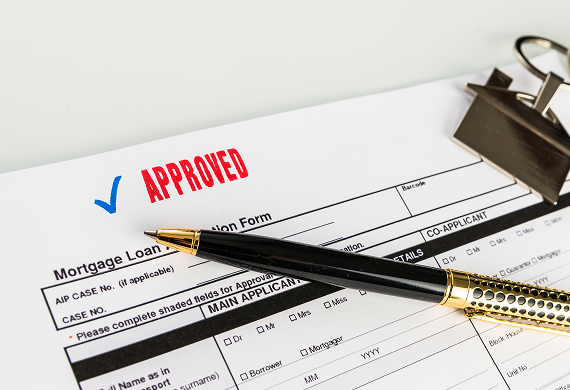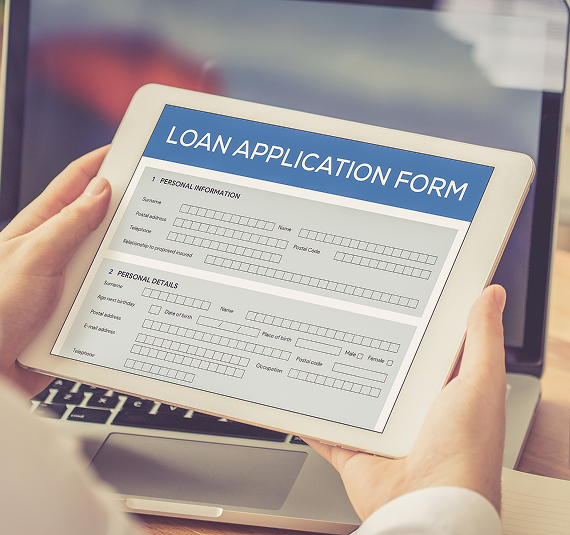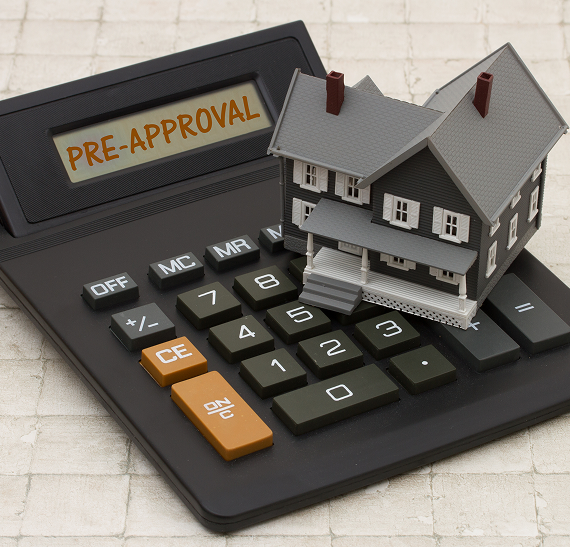Can I Get a Mortgage While Self-Employed?
You can definitely still get a mortgage while self-employed. You’ll just need to meet a combination of requirements, which can include the above documentation plus credit score and down payment minimums. As long as an underwriter can be satisfied that you are capable of repaying your debts, being self-employed shouldn’t be an insurmountable obstacle to obtaining a home mortgage loan.
Don’t assume your credit score is too low, or that you don’t have enough for a down payment. The experts at Sammamish Mortgage can help you find a mortgage home loan program that is flexible for your needs and situation. Self-employment doesn’t have to be a barrier to achieving your dreams.
Get Started












